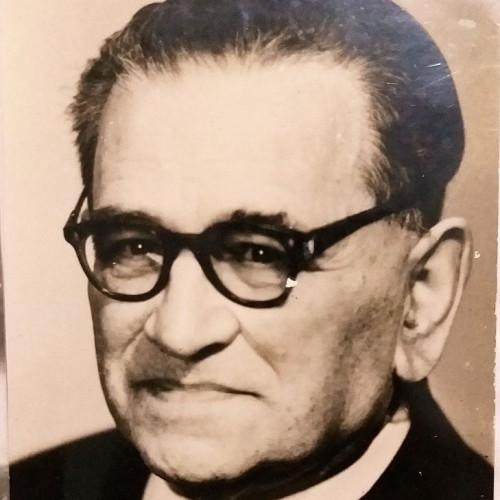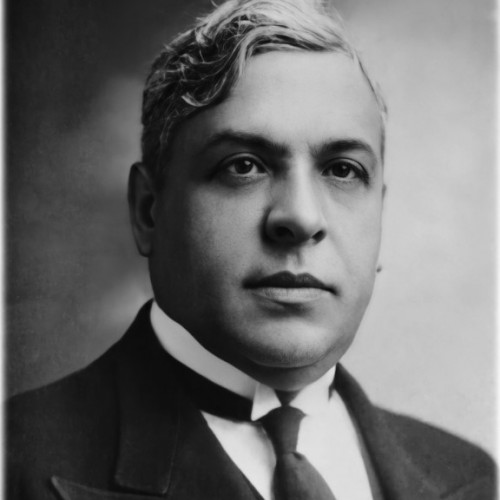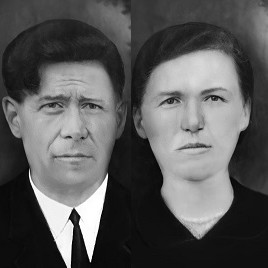Jenő Etter (1889–1973) - Instytut Pileckiego
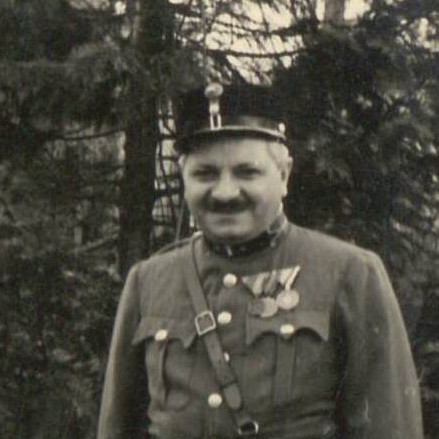
The mayor of the Hungarian city of Esztergom received dozens of letters written in Polish. The greeting lines themselves showed the sympathy and gratefulness of the Polish refugees: “Dear Captain!”, “Dear Doctor!”. Jenő Etter understood them all.
He had served and been wounded on Polish land during the First World War, he had seen the destruction left behind by the sweeping front lines. When the next war broke out, he learned the Polish language and set out to help Polish citizens.
On 18 September 1939, Hungary opened its borders to Polish refugees, thereby allowing more than 120,000 people to enter the country. An internment camp for Polish soldiers and civilians was established in Esztergom. In his role as the local prosecutor, and from 1941 as the mayor of the city, Jenő Etter actively strove for the best possible living conditions and supplies for the Polish refugees, even putting a municipal resort at their disposal. With his position and his personal connections, he was able to help 5,000 Poles to flee to the West and the Middle East, where they joined the Polish Armed Forces. He also gathered information about their lives in Hungary, which he later sent to the Allies, and protected the members of Polish conspiratorial organizations. When the Germans occupied Hungary in March 1944, he issued false documents to protect the Poles from arrest, and defended Jews by officially opposing the establishment of a ghetto in his city.
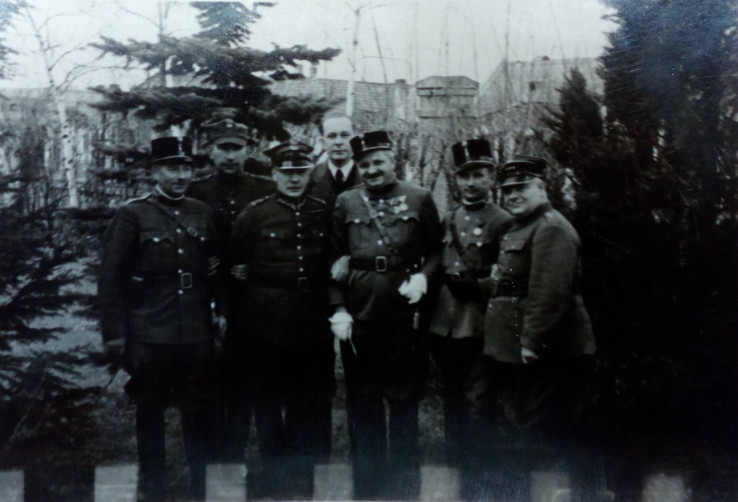
This all led to his arrest by the Gestapo on 19 March 1944. His friends in high places managed, however, to have him freed and placed him in the military, where he was sent to the eastern front and taken into Soviet captivity. After the war, József Antall, who together with Henryk Sławik, rescued both Poles and Jews in Hungary, recalled: “Etter showed great involvement and sacrifice in helping the Polish refugees in need; it required no small risk on his part.” Nevertheless, when Dr Jenő Etter returned from the Soviet POW camp, the Communist authorities forbade him from fulfilling any kind of a public office. He worked as a doorman until his retirement.
It is no secret for me that I owe this work, and therefore the opportunity to leave the camp, entirely to his generous friendship for Poles, a friendship we esteem and cherish highly. Our lives away from our families and loved ones are difficult and unspeakably sad, but the knowledge that we may consider the Mayor our dear friend fills us with elation and sentiment.
Letter from Polish Army Lieutenant Marceli Unger to Jenő Etter, 25 February 1944
See also
- Pedro Correia Marques

awarded
Pedro Correia Marques
(1890–1972)It began with penning short articles and tidying the editorial office of the “Rosário” monthly, where he had been working since 1909. By the late 1930s, Pedro Correia Marques headed “A Voz,” the most widely read daily newspaper in Portugal.
- Aristides de Sousa Mendes do Amaral e Abranches

awarded
Aristides de Sousa Mendes do Amaral e Abranches
(1885–1954)In the first months of the Second World War, Bordeaux in southern France seemed like a safe place – deep behind the front, far from the border of the Third Reich.
- Fedor Bojmistruk (1905-1978) Kateryna Bojmistruk (1909-2000)

awarded
Fedor Bojmistruk (1905-1978) Kateryna Bojmistruk (1909-2000)
“I was crying in the barn, next to the corpses of two boys and an elderly man. I was holding a tiny piece of bread in one hand and a handkerchief with two letters in another. The letters were probably my initials.
